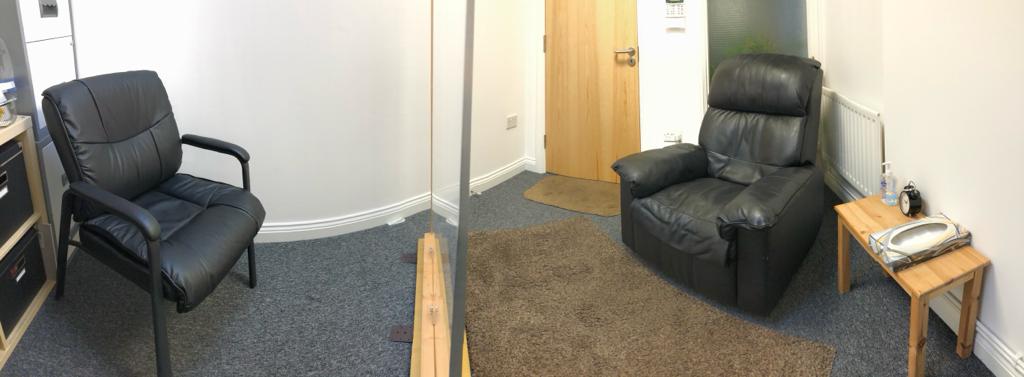If you’re having difficulty falling asleep or not getting the amount of sleep you need to wake up feeling awake and refreshed, you may be suffering from insomnia. Whilst this condition is relatively common, persistent insomnia has a highly negative impact on your mood, family life, relationships and professional life, impacting on your quality of life.
Our team of experienced and professional therapists offer Cognitive Behavioural Therapy (CBT), where we will work with you to help you avoid the negative thoughts and behaviours that may be contributing to your insomnia. Not only is CBT for insomnia the first treatment recommended by GPs, it can have significant long-term benefits to your sleeping habits.
How much sleep should I be getting?
Everyone is different, however on average, people need between 7 and 9 hours of sleep a night. Children and babies generally need longer than this, and older people typically sleep less. The most important thing is that you wake up feeling that you’ve had enough sleep and that your sleep was of a good enough quality to get you through the day.
If you’re constantly feeling tired to the point where it’s affecting your life, the chances are you aren’t getting the good quality sleep you need.
Effects of Insomnia
Insomnia presents itself in many ways, including:
- Difficulty in falling asleep
- Lying awake for long amounts of time at night
- Waking up frequently throughout the night
- Waking up early in the mornings and being unable to get back to sleep
- Not feeling refreshed in the morning
- Despite feeling tired, being unable to nap during the day
- Having difficulty concentrating, and feeling miserable and tired during the day
The causes of insomnia
There is no definite trigger for insomnia, as everyone’s different; however the condition is associated with a number of different factors, such as:
- Anxiety and stress
- A bad sleeping environment – A bedroom that’s too noisy, hot, cold or light, or an uncomfortable bed can make it difficult to sleep.
- Lifestyle – Drinking alcohol or caffeine before bed, shift work and jet lag can all present difficulties to getting a good night’s sleep.
- Mental health conditions – Conditions such as depression and schizophrenia have an impact on your ability to sleep well.
- Physical health conditions – Long-term pain, heart problems and other sleep disorders will have an impact on your levels of sleep.
- Medication – Some medications such as steroid medication, antidepressants and epilepsy medicines will affect your sleeping.
At Catalyst Therapy & Training, our CBT for insomnia in Havering is designed to help you achieve a consistently good quality of sleep that helps you to face each day with feeling tired, unable to concentrate and miserable. We’ll address the underlying causes of your insomnia to give you the best chances of having a good night’s rest.
For more information about our cognitive behavioural therapy for insomnia, simply give us a call on 01708 781 927 or send an email to info@catalysttnt.co.uk for a confidential chat.

 Call us to make an appointment now
Call us to make an appointment now
